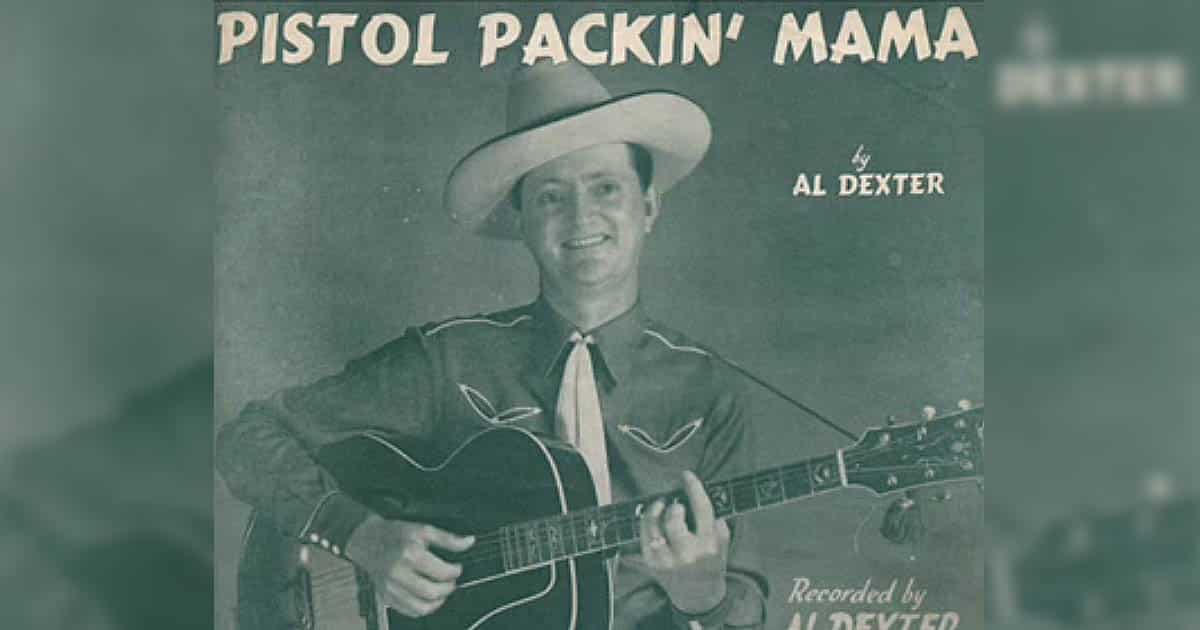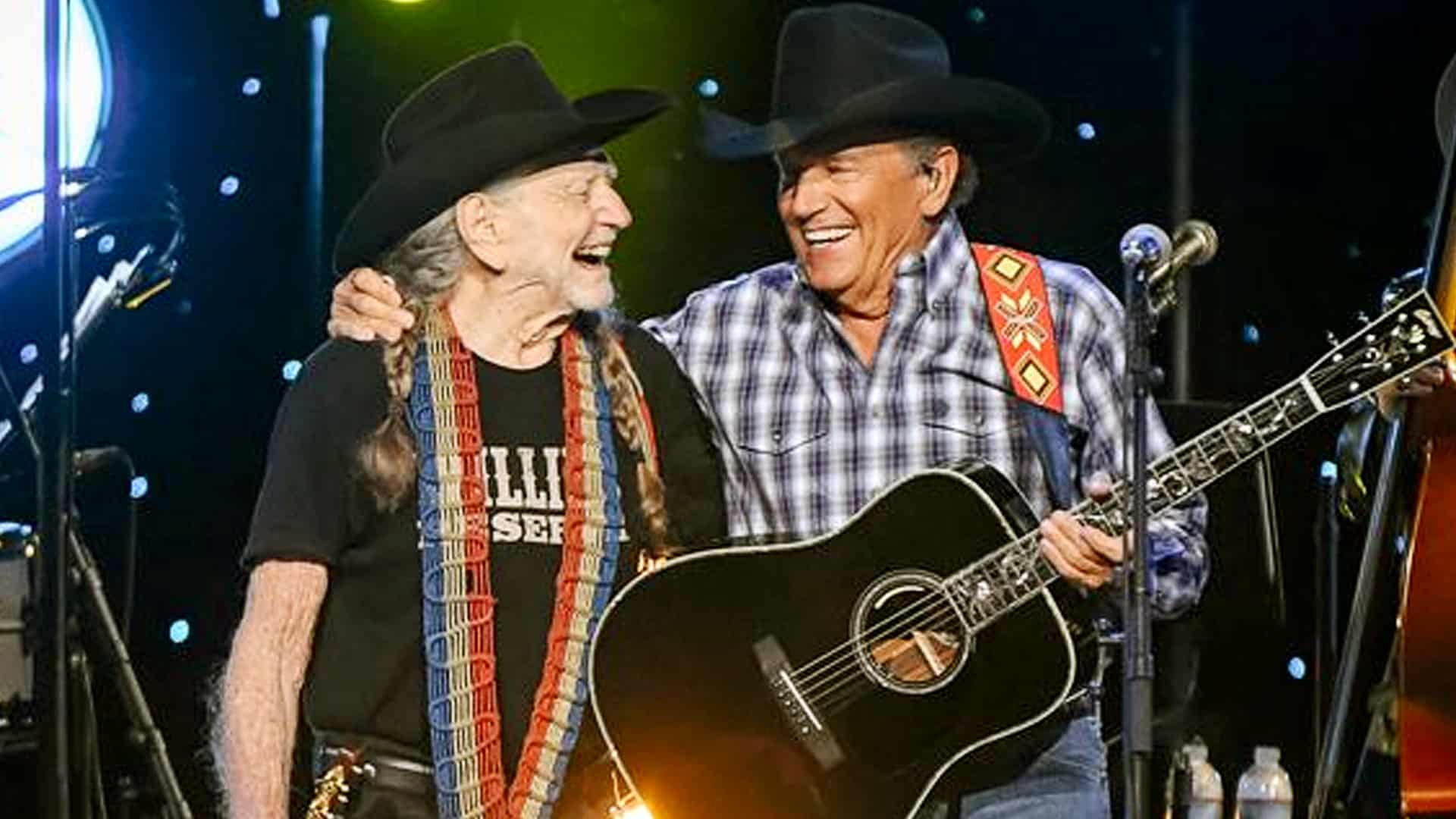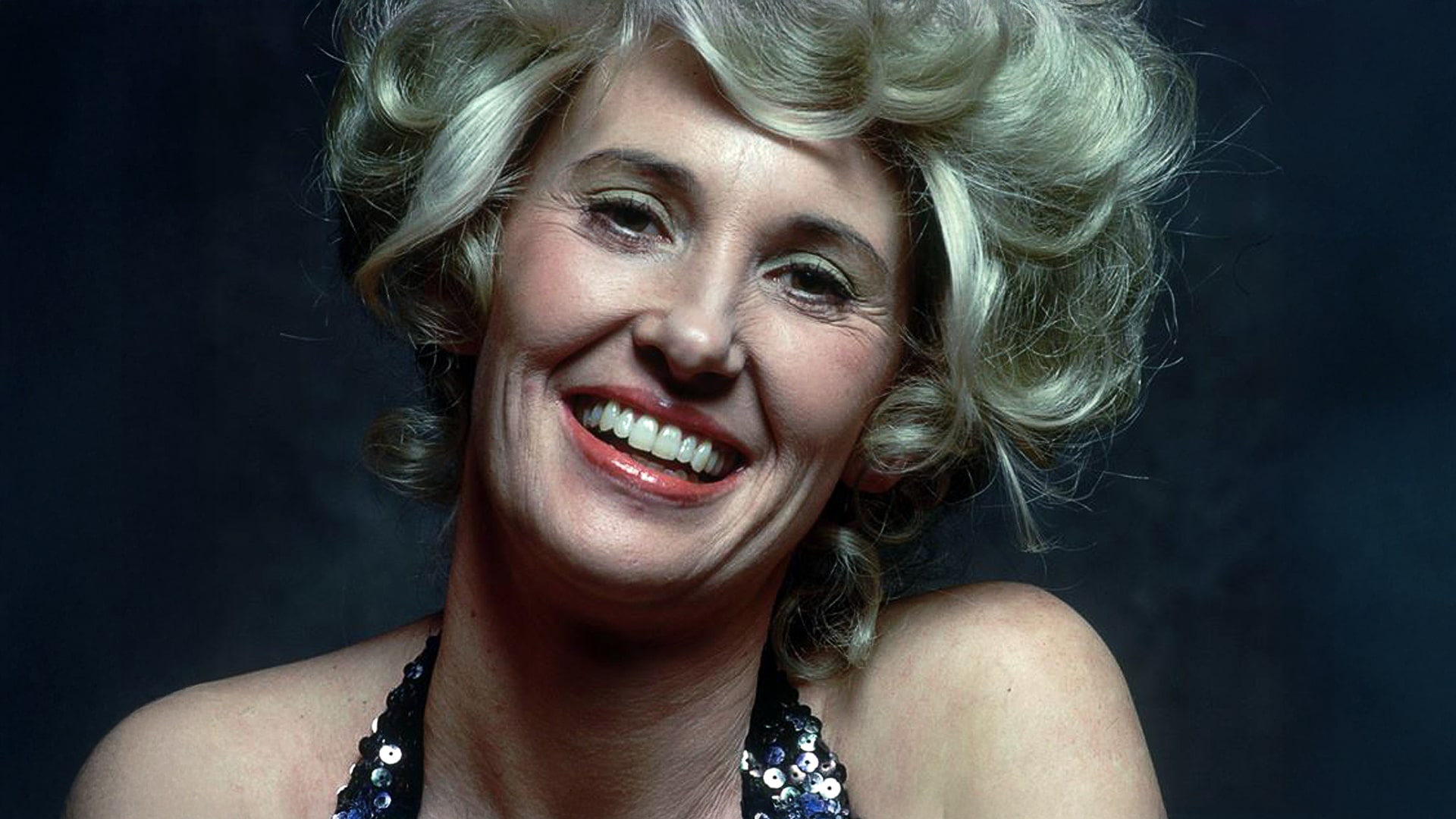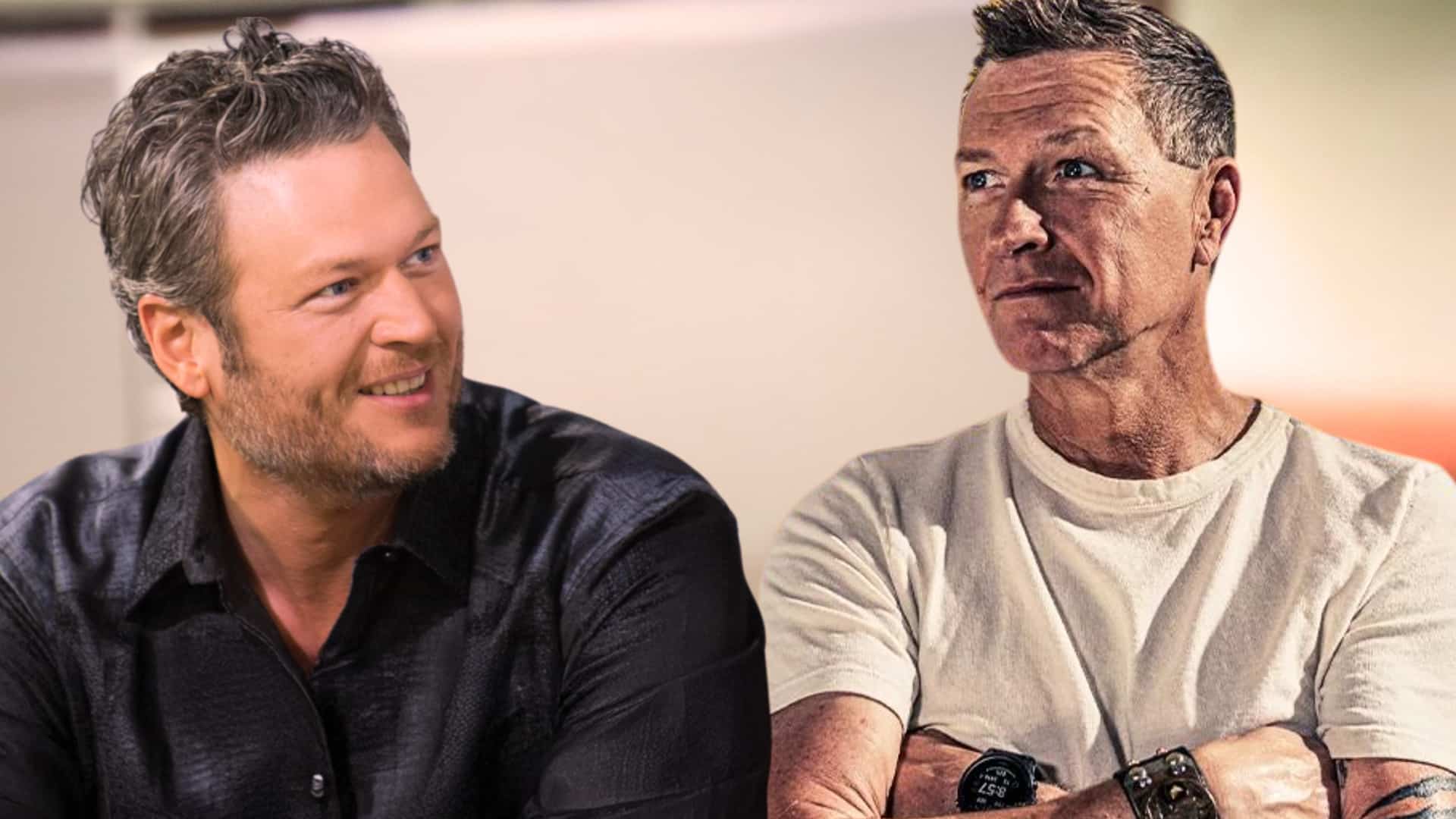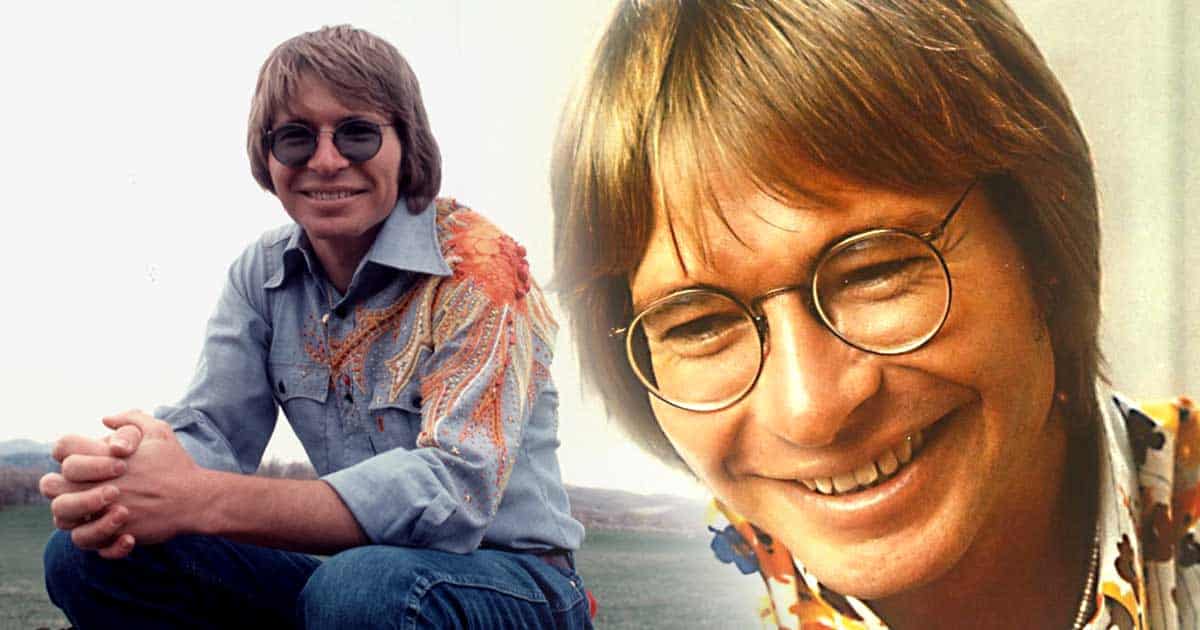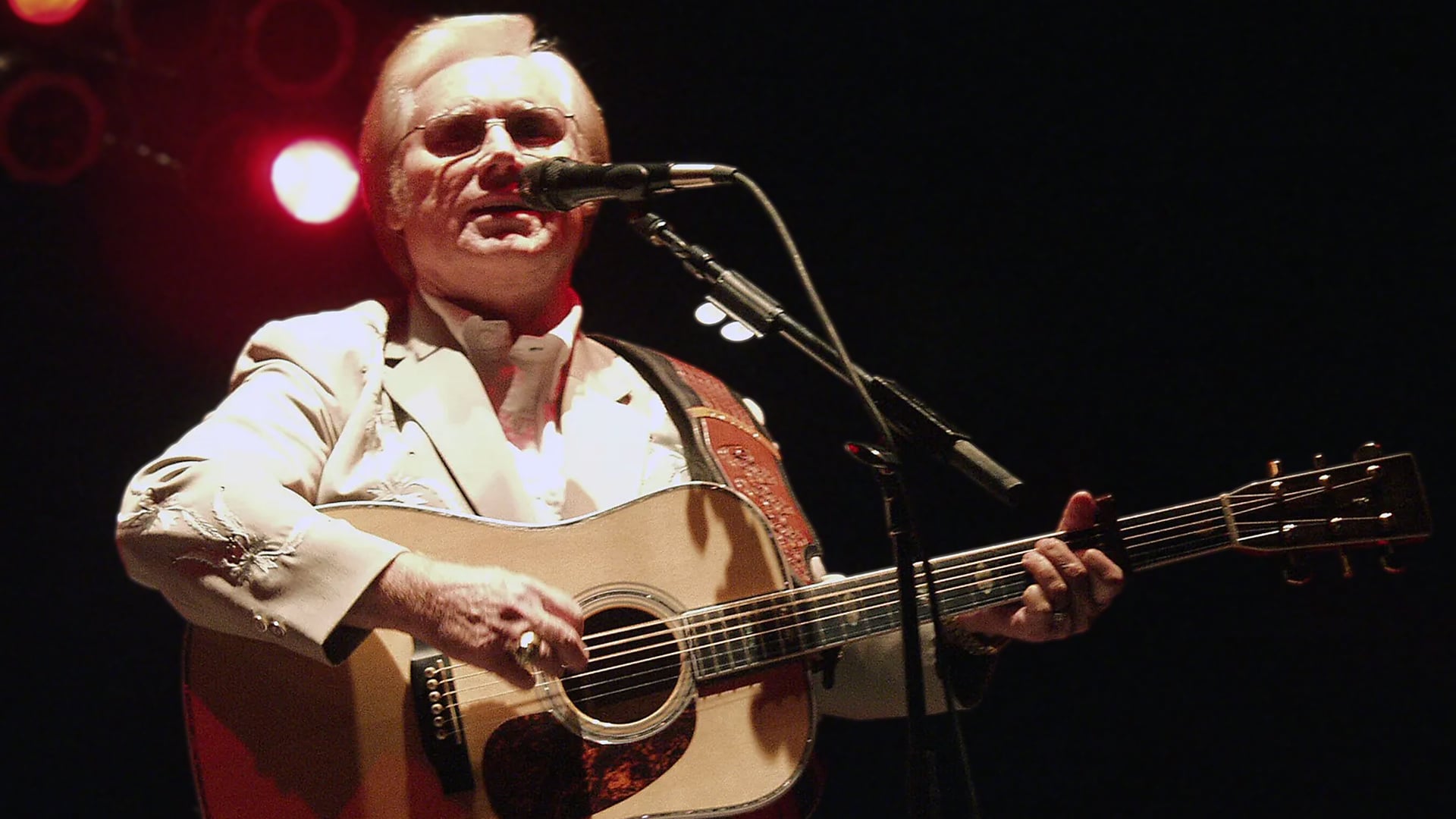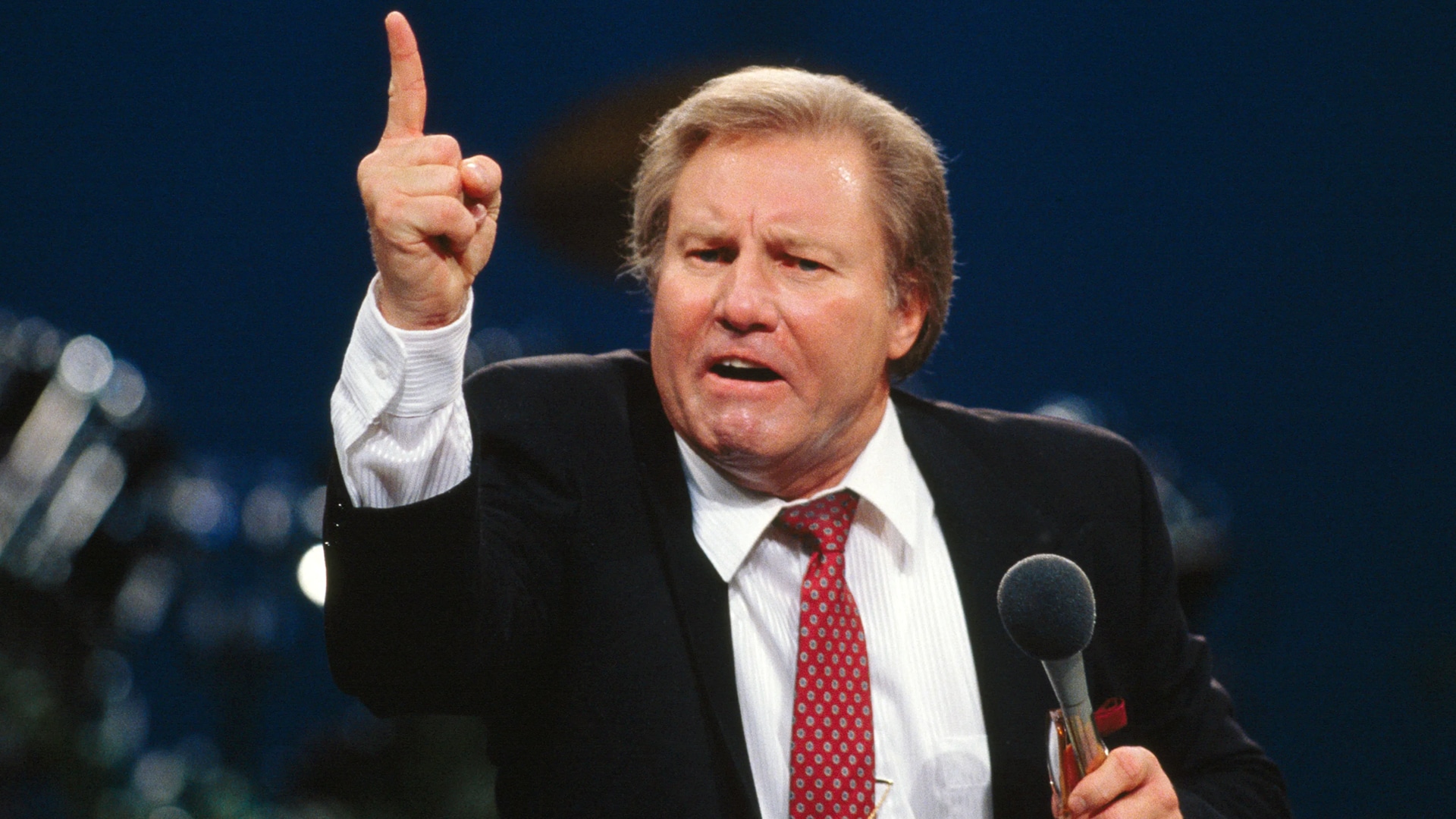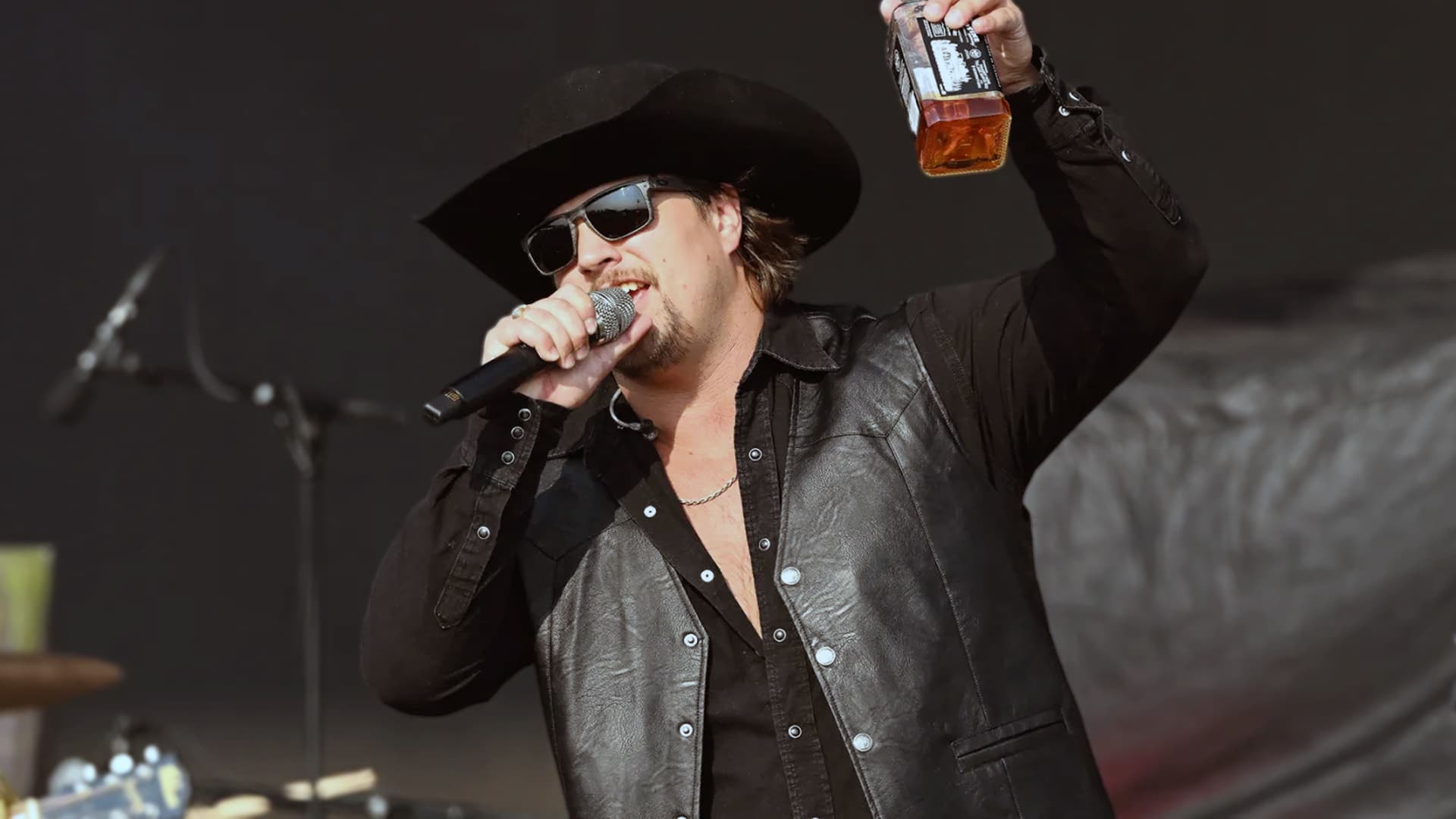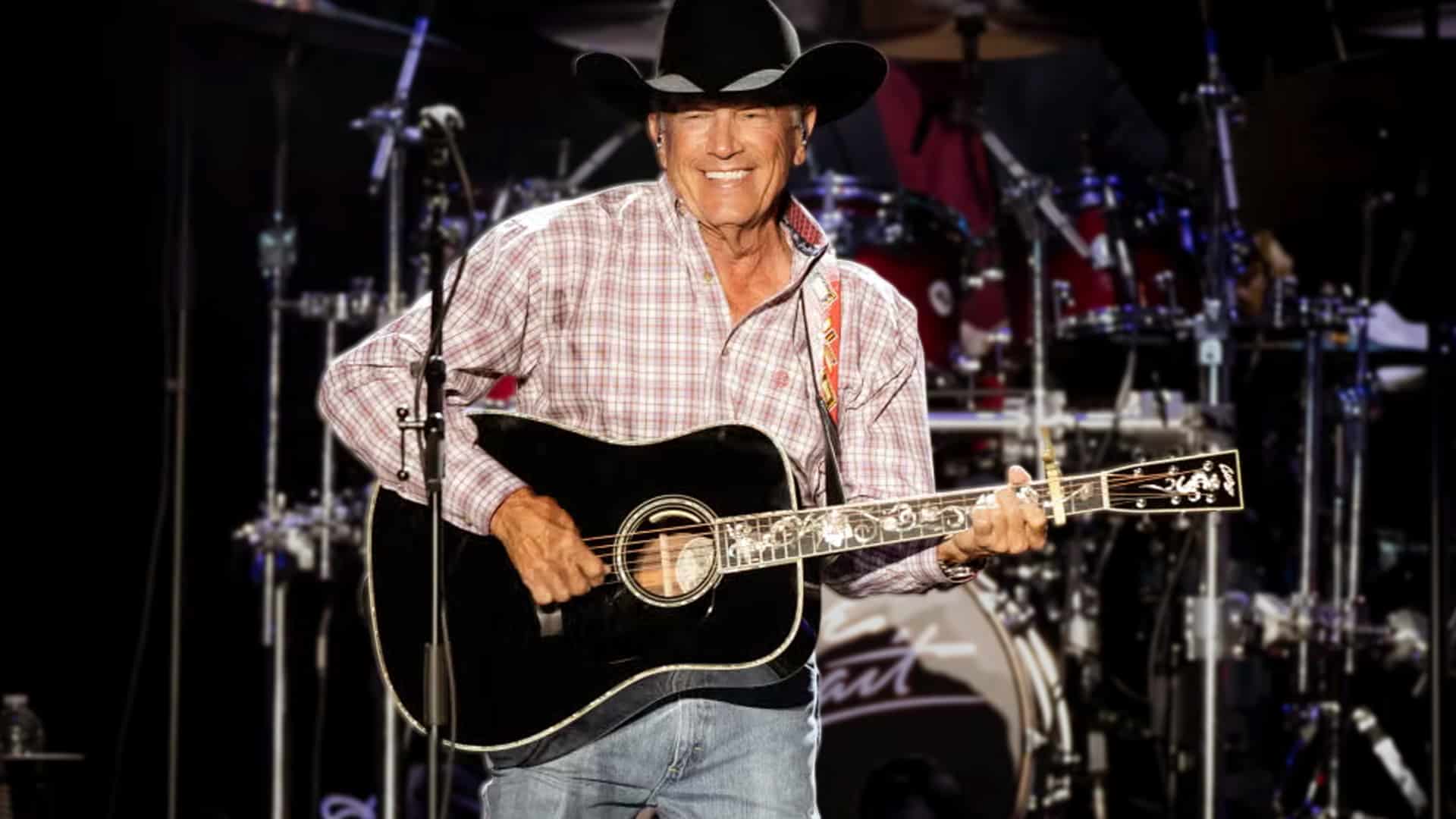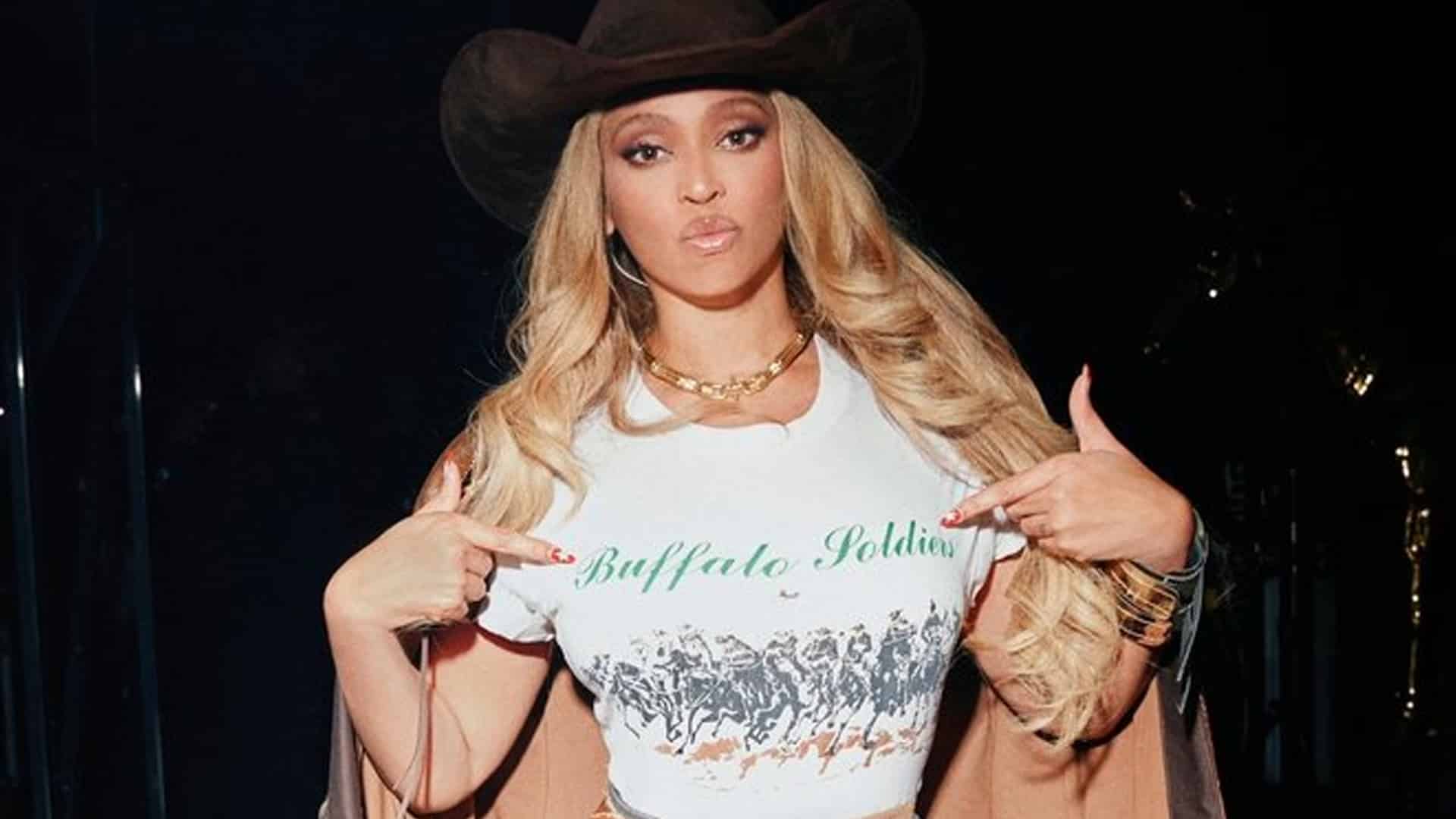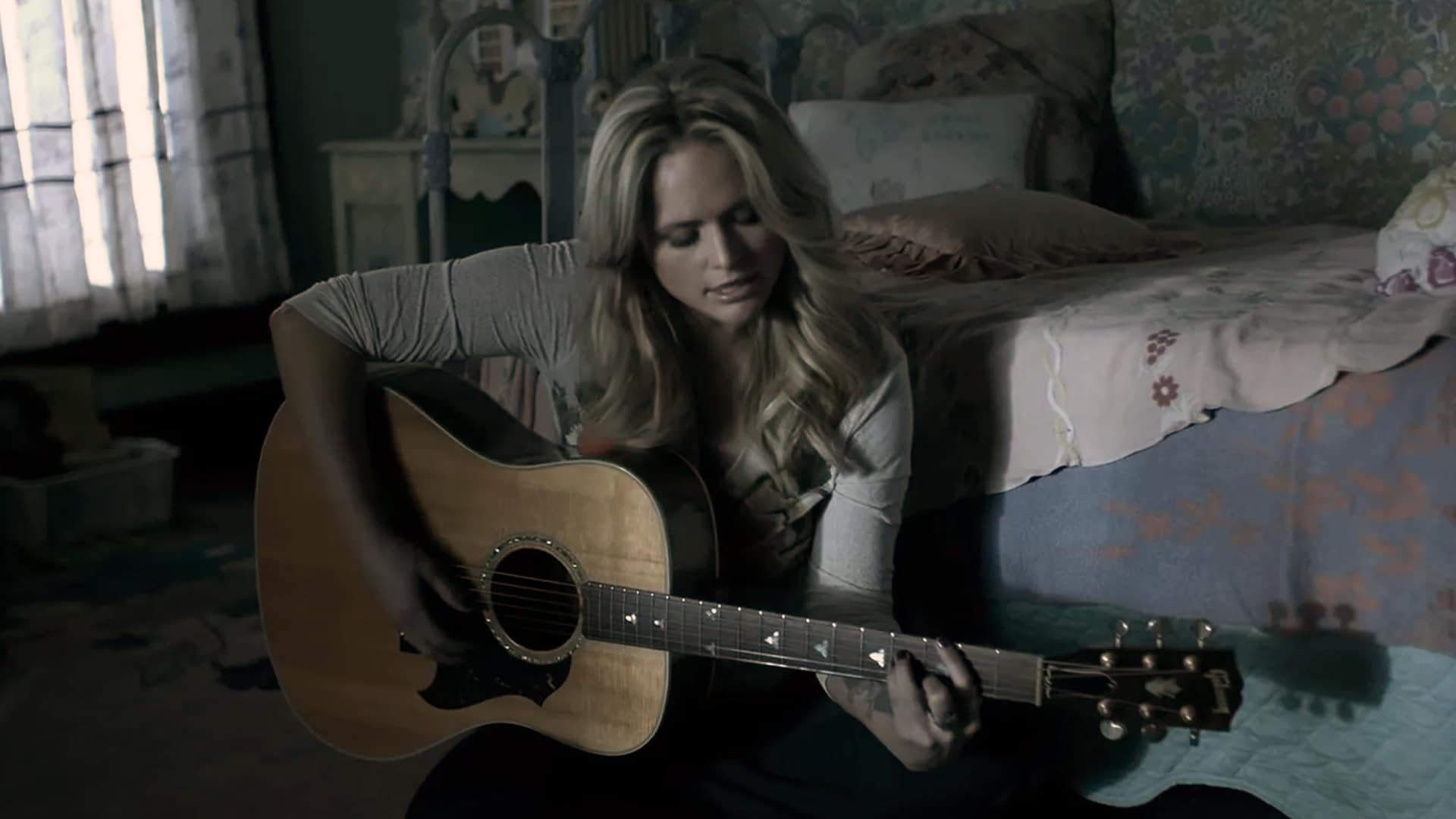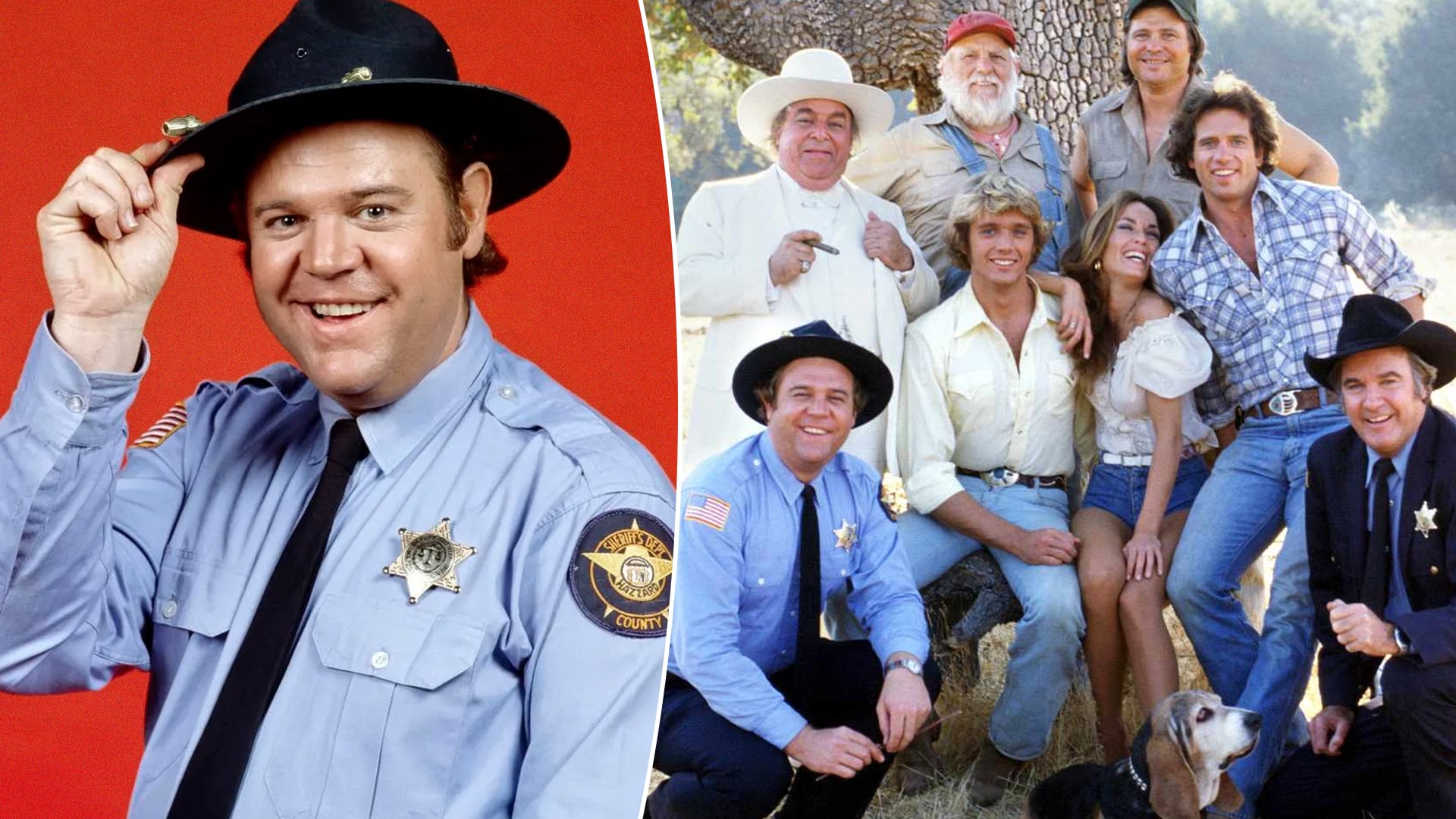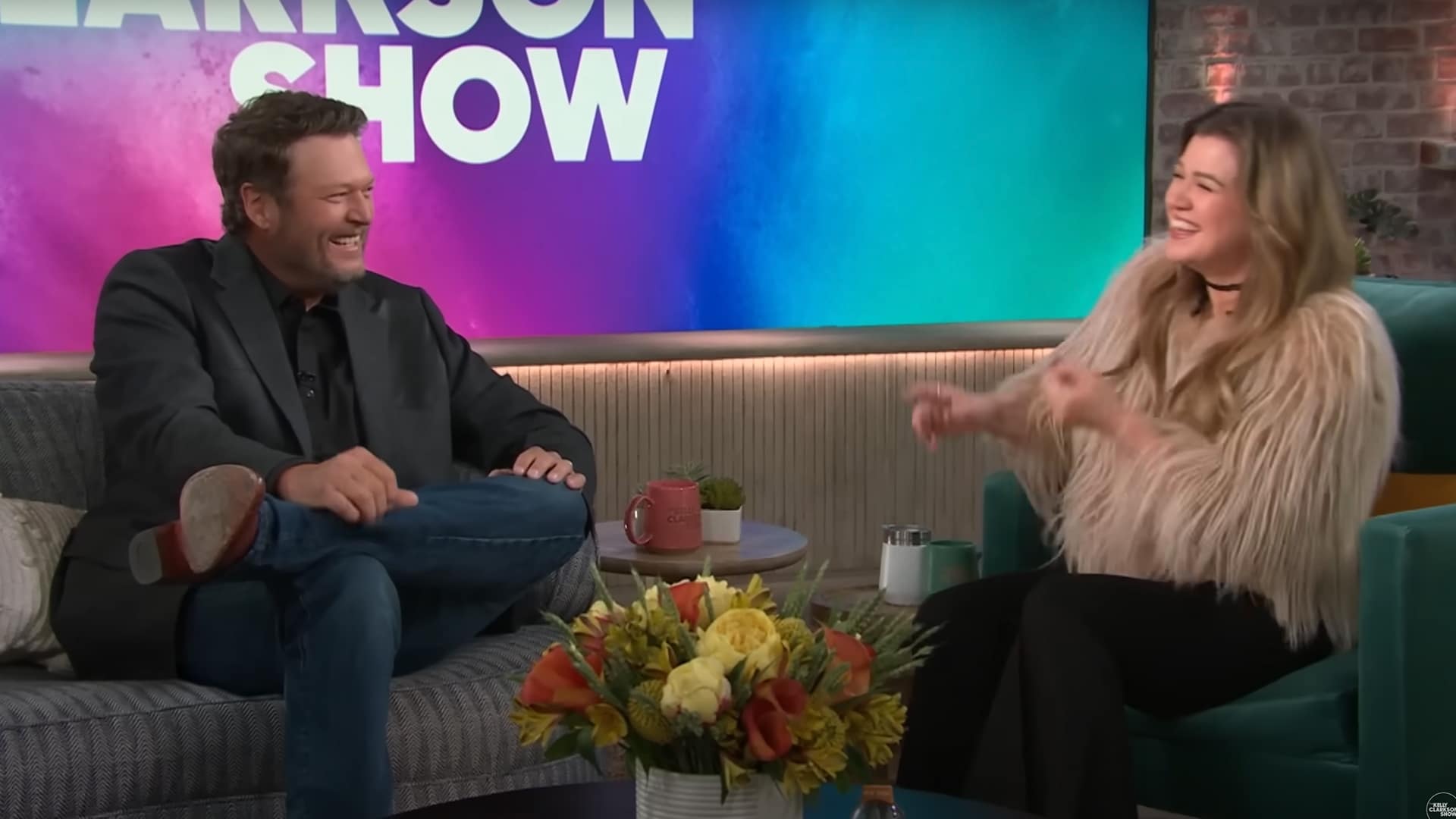In 1943, Al Dexter released the unexpected hit “Pistol Packin’ Mama,” which would later conquer the whole of America. As part of his album Tumbling Tumbleweeds, this Al Dexter hit has served as the people’s strength during dark times. The song’s legacy includes being covered by several country artists and even being the theme song of the New York Yankees.
It is known that 1942-1943 was the dark age of American history brought about by World War II. Many Americans left their homes to serve during the war without the assurance that they’d come back home to their loved ones alive. During this time, people started using music as their mere escape from the chaos around them. It was around this time that Al Dexter released his song “Pistol Packin’ Mama.”
Clarence Albert Poindexter, also known as Al Dexter, was born in Jacksonville, Texas. He pioneered the honky-tonk style of country music. Although Al Dexter was not as famous as country legends Hank Williams or Ernest Tubb during those times, his music unexpectedly became everyone’s salvation.
Upon its release, it immediately climbed up the charts, landing at no.1 on the US Billboard National Best Selling Retail Records, no. 5 on the US Billboard Harlem Hit Parade, and no. 9 on the US Billboard National Best Selling Retail Records Year-End.
Let us now dive into the meaning behind Al Dexter’s hit song “Pistol Packin’ Mama.”
Meaning Behind the Song
Written by Al Dexter himself, “Pistol Packin’ Mama” is a song about the importance of independence in times of chaos. In the song, independence is portrayed by a woman carrying a gun to defend herself, which also has a significant relation to the changing roles of women during wartime. The song has that Hillbilly honky-tonk beat to it, which makes it a tune that listeners would dance to.
“Pistol Packin’ Mama” is a timeless classic that represents the spirit of World War II. It will always be part of American history. Due to its upbeat tune and unique meaning, the song gave Americans a sense of relief and strength as they looked for a safe refuge during the chaos.
So if you haven’t listened to Al Dexter’s classic hit “Pistol Packin’ Mama,” you can listen to it below.

